Thought leadership: AR Metallizing interview with Brigl & Bergmeister (Roxcel Group)
2020 has been unprecedented. The global outbreak of the Coronavirus has affected us all. Where service-based businesses have switched to remote working, for manufacturing industries like AR Metallizing, this hasn't been a possibility. Retaining staff on-site to run machinery has been crucial, especially so for those of us who have a part to play in manufacturing and delivering essential and consumable goods.
There was no way to plan for a pandemic or the subsequent turmoil from the Coronavirus. That said, some companies have led the charge with how to deal with a new reality. Quick decision making, socially remote working, adaptation of working practices, dealing with a turbulent economy and, perhaps surprisingly, unexpected opportunities have defined the winners of the past few months.
In a series of interviews with leaders in the industry, our CEO Bart Devos explores best practices, lessons learned and the innovative ways CEO's in the packaging, paper, converting and printing industry have tackled the crisis.
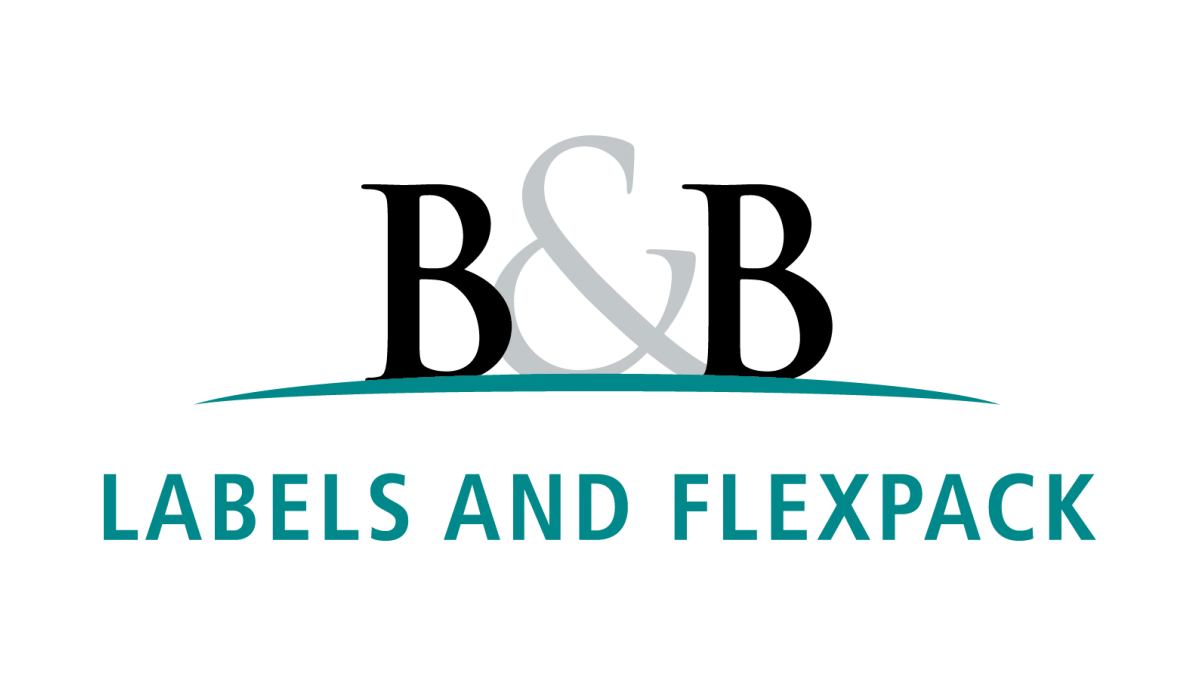
Introduction
Our CEO Bart Devos talked to Mr. Ahmad Porkar, Mr Herbert Noichl and Mr. Markus Bammer,
The Roxcel Group owns a number of companies in the paper and packaging supply chain, including Brigl & Bergmeister, a leading manufacturer of label papers. Through its subsidiaries, the Roxcel Group has aimed to create a vertical integration of the paper and packaging supply chain which presents advantages for all players in terms of cost, efficiency and productivity. For example, Roxcel also owns Enages, a company which generates energy through waste recycling. Brigl & Bergmeister’s Niklasdorf mill (a sister company under the Roxcel group) is almost exclusively powered on energy produced by Enages.
Roxcel was founded by Mr. Ahmad Porkar in Vienna in 1993.
Staff security
Like many firms, when news of the Coronavirus broke in early 2020, the firm expected that the outbreak would be contained within China. While this meant that they were concerned about their supply chain (Brigl & Bergmeister use several chemicals whose chemical precursors come from China) they didn't expect that the pandemic would touch them firsthand in Europe.
As it became clear the world was dealing with a pandemic and local authorities moved to implement social distancing, the firm made decisive moves to protect staff. Brigl & Bergmeister sourced masks, set up internal codes of conduct and explained to customers how the company would continue to work and supply during lockdowns. Internal and administration staff were successfully working from home within a week.
'Despite the challenging circumstances, our team were able to adapt well. They doubled down on their commitment to the company, showing real team spirit and dedication. For the team to work so well, in such exceptional circumstances and committing to our company so fully is something we are incredibly proud of,' explains Porkar.
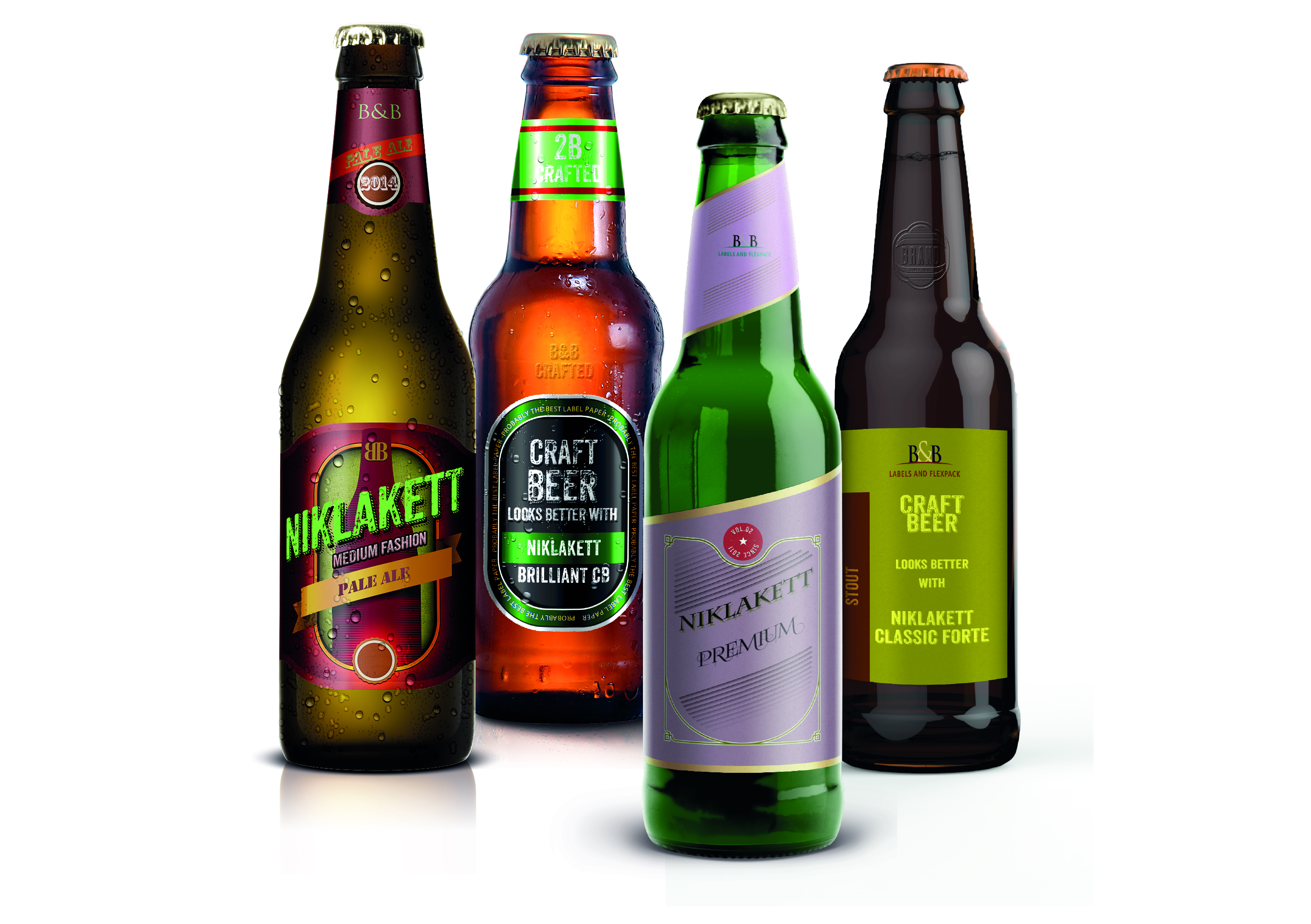
Guaranteeing the supply chain
After the company got a firm grasp on the new working conditions, Brigl & Bergmeister focused their efforts on re-evaluating their supply chain and suppliers. 'We wanted to make sure our supply chain was as robust as we needed it to be. We'd never been tested in this way, and we wanted to assess if we were as strong as we wanted to be on this point, both in the short-term, but also in case there was future disruption for any reason,' says Noichl.
As the firm need raw materials, Brigl & Bergmeister is reliant on specialist supplies which are often sourced from China, and they'd identified potential supply chain issues as part of their broader risk strategy. Pre-pandemic, the firm had already moved to ensure that they had two suppliers so that they aren't overly reliant on one sole material or product provider to mitigate risk. In cases where Brigl & Bergmeister only has one material producer, the firm stores extra stock at their factories. The result was the firm wasn't hindered by any supply chain issues during the pandemic, despite seeing above-average orders and production.
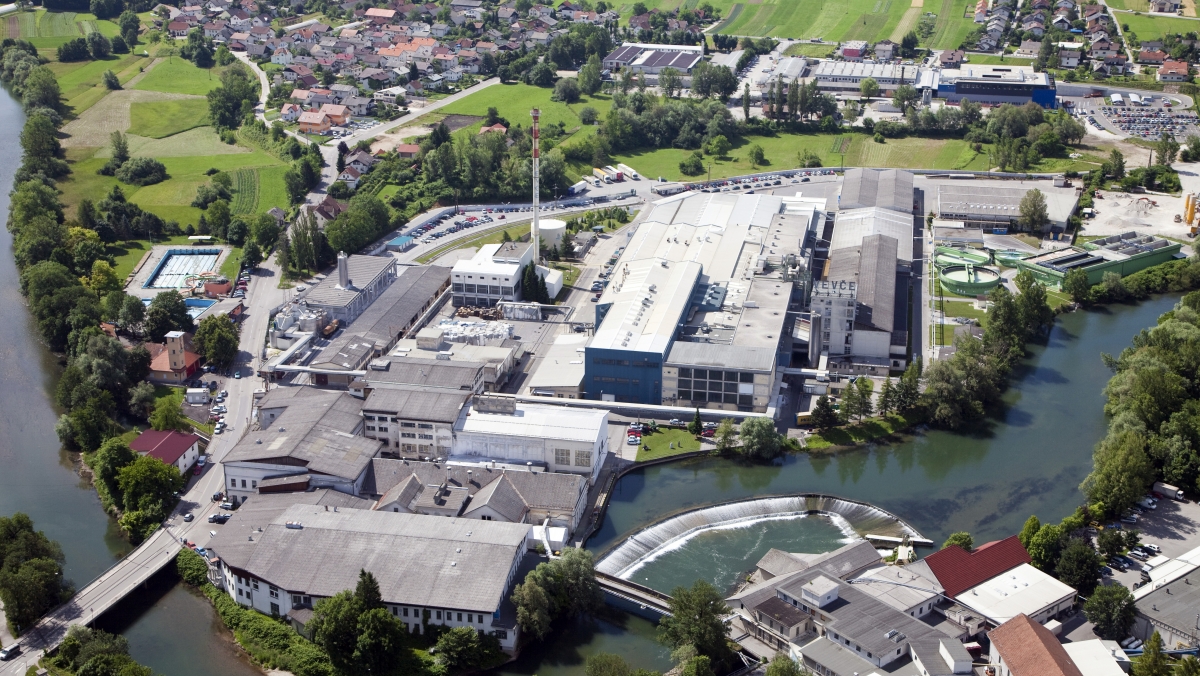
Why Brigl & Bergmeister remain cautious about the future
Brigl & Bergmeister mainly supplies paper for consumer goods such as food, beverage, pharma, tabacco and other specialty products. High consumer demand for such products means that Brigl & Bergmeister rode out the pandemic strongly, as a result of panic buying and consumers stocking up on goods.
That said, the firm remains cautious about what's next for the economy, especially as they expect the coming months to present challenges. 'Producers, printers, converters, other players in the supply chain...we believe that everyone is now sitting on excess stock. We're seeing consumers who've been hard hit by the pandemic, and they're slowing down their buying because they have less income, which is now filtering back up the supply chain. We see this as one of the main challenges of the coming months,' explains Porkar.
That said, the firm remains cautious about what's next for the economy, especially as they expect the coming months to present challenges. 'Producers, printers, converters, other players in the supply chain...we believe that everyone is now sitting on excess stock. We're seeing consumers who've been hard hit by the pandemic, and they're slowing down their buying because they have less income, which is now filtering back up the supply chain. We see this as one of the main challenges of the coming months,' explains Porkar.
Predicting what's next is exceptionally challenging for firms, namely because the situation continues to move so quickly – not a day goes by without some new development or evolution which has potential knock-on effects for the paper and packaging industry. As long as there is no vaccine, the Brigl & Bergmeister team expect that firms in the industry will need to be flexible and accept that making market predictions will remain difficult.
'If consumers are affected by less income and suffer from unemployment, we can undoubtedly expect that there will be an impact on consumer buying power which will affect the supply chain. However, we choose to look at the economy and outlook as being a 'glass half full' given we see opportunities for those who can seize them,' says Bammer.
The Brigl & Bergmeister team also noted that firms that had been under pressure before the pandemic, would almost certainly be affected by reduced consumer purchases and less demand going forward. A bounce-back would be nearly impossible. 'This translates to a clear disparity between the high performers and low performers. We expect we will see consolidation and takeovers in the future as a result of the pandemic and economic fallout,' says Noichl.
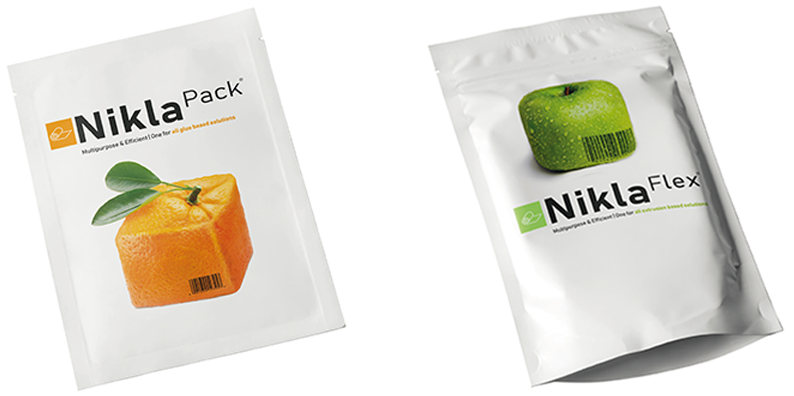
Brigl & Bergmeister plans to remain agile and flexible in the face of economic uncertainty. At present, maintaining strong liquidity remains a core priority. It is likely to remain so in the coming months as part of Brigl & Bergmeister’s strategy to retain a competitive advance in the market. The company is also looking to maintain close working relationships with its customers and the supply chain, despite travel restrictions and reduced travel.
Looking forward, Brigl & Bergmeister also believes that working with strong local players will become more critical for the firm's customers. 'For many years, we've seen the industry focus on globalization. The events of 2020 have shown that there are also distinct advantages in working with local firms who are in the same region and who can guarantee supply and with whom it's possible to have a close, in-person relationship. We think could well see a shift from the supply chain who may look to work with producers or manufacturers who are closer to home,' says Noichl.
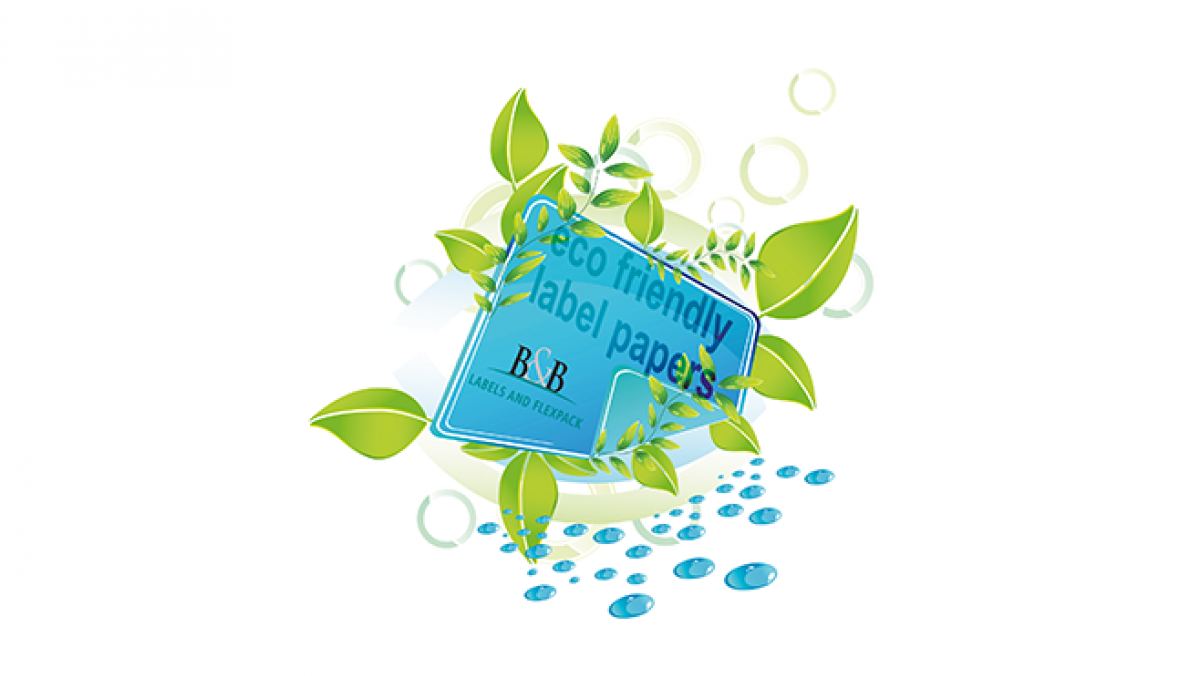
Sustainability and COVID-19: what's the state of play?
Sustainability remains a crucial topic for the industry, regardless of COVID-19. Back in March, April and May when much of Europe was under lockdown, Brigl & Bergmeister noted that most firms moved to secure their own production, regardless of sustainability targets and commitments. As the supply chain settles into a new way of working, there is again a focus back on sustainability and picking up projects that shift to sustainable materials once again. Noichl and Bammer believe that government investments will continue to provide incentives for firms to invest in green and sustainable packaging solutions.
Noichl says consumer trends and brand commitment to sustainability are creating a new landscape. 'Practically, we see that increasingly there's a lot of individual choice in sustainability. One group of consumers are driving change because they're reacting based on the physical changes they're seeing to their local environment. The other group isn't particularly bothered or involved in the conversation around sustainability. Brands will continue to serve both those consumer groups as long as there's a demand to do so. What we see as a company is that our long-term outlook is important – it's not only about being in business today, but we need to plan to have a healthy business tomorrow. That means we have to manage our cost. We have to manage our risk. We have to manage our liquidity, but we also have to invest in the future of the business. What it also means for us as a company is that we're offering sustainable solutions and looking to how we become a more sustainable company ourselves. Innovation mustn't stop as the result of the pandemic.'
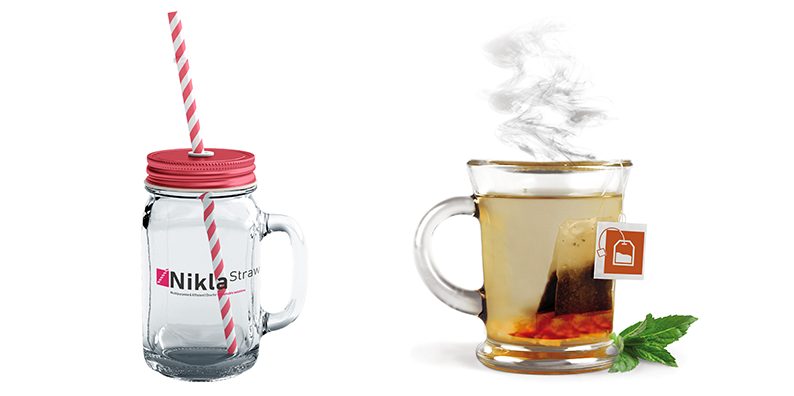
Digitalization
2020 has undoubtedly sped up digitalization in the paper and packaging industry. The Brigl & Bergmeister team noted, however, that digitalization isn't uniform across the industry – companies are moving at different speeds. Bigger companies are moving towards incorporating new technologies faster, which is prompted by both necessity and desire are to adapt: the more locations and larger the workforce a company has, the more difficult it is not to embrace digitalization. Smaller companies may take longer to incorporate the same tools, but ultimately, COVID-19 has significantly sped up the overall digitalization of the sector.
'What's interesting is that I think the industry has seen it's possible to work in another way. Just six months ago, we didn't think there was a future where we'd be doing three video conferences a day. Now it's just a standard part of our routine,' says Bammer.
Nevertheless, as producers of a physical product, Brigl & Bergmeister remains committed to maintaining physical and face-to-face meetings, and they don't want – and can't – work in a completely virtual world. 'As the producer of physical products, we need to be able to test. There's no substitute for being in our customer's factory, troubleshooting, gaining real-time insights and seeing how our products run and how we can help our customers and their team. Digitalization will bring the industry so far, but we don't believe it can be considered as a replacement for strong professional relationships and in-person meetings,' says Bammer.
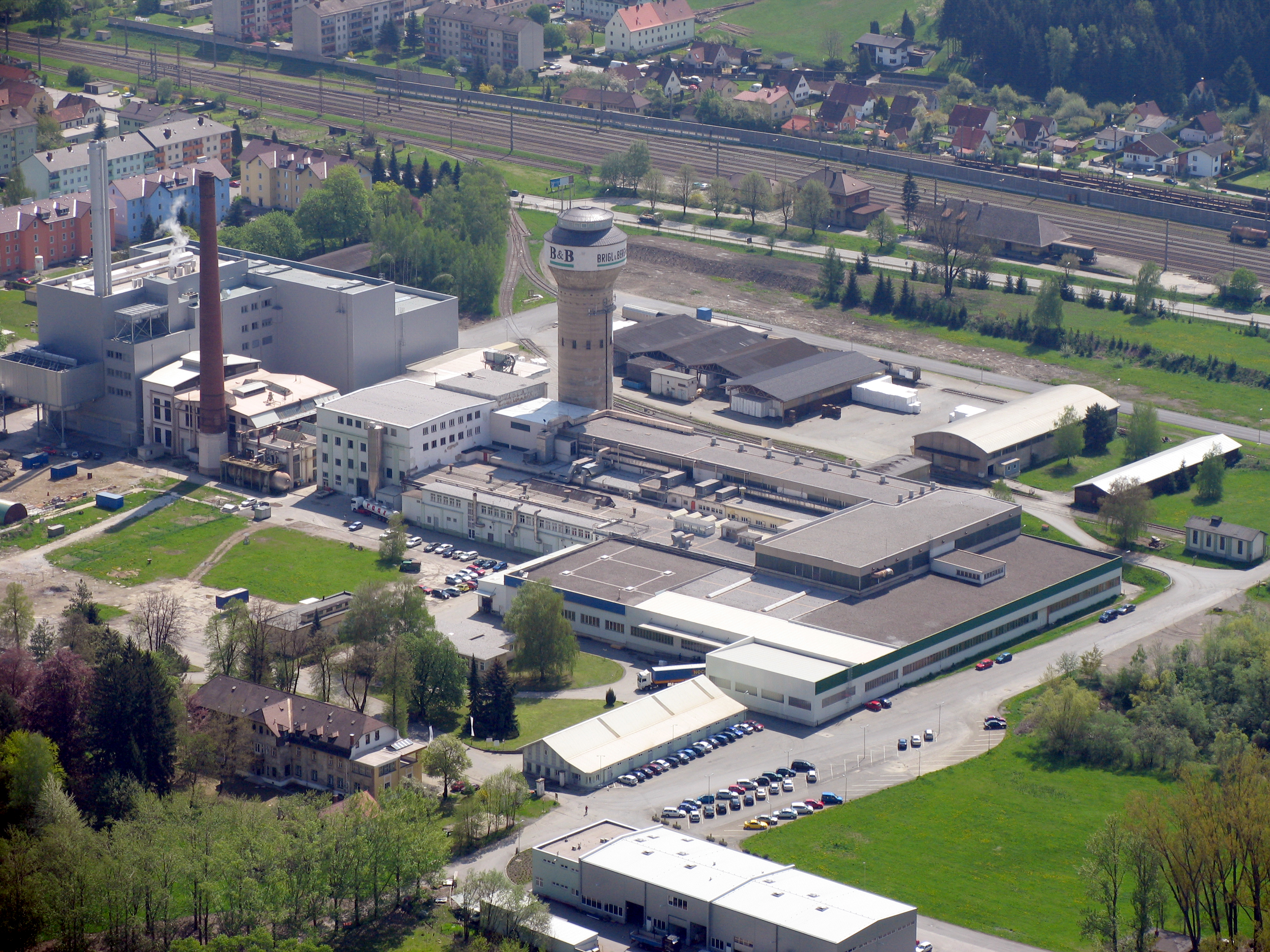
Meeting the needs of a changing workforce
Brigl & Bergmeister has also noticed a shift in their workforce's desires throughout 2020, and it's something they're listening to carefully. 'In practice, the company are seeing more conversations about work-life balance. 'We're hearing about conversations surrounding flexible working and part-time options. We're always open to having these discussions – we believe it's important to hear what our team want from us as an employer and see how we could potentially fit these into our strategy. Equally, we also have a business to run, and the reality is we have factories that run 24/7, and we need enough staff to keep up with demand. In the future, I think we the industry will need to see how they balance the desires of their employees with business goals and production targets,' says Noichl.